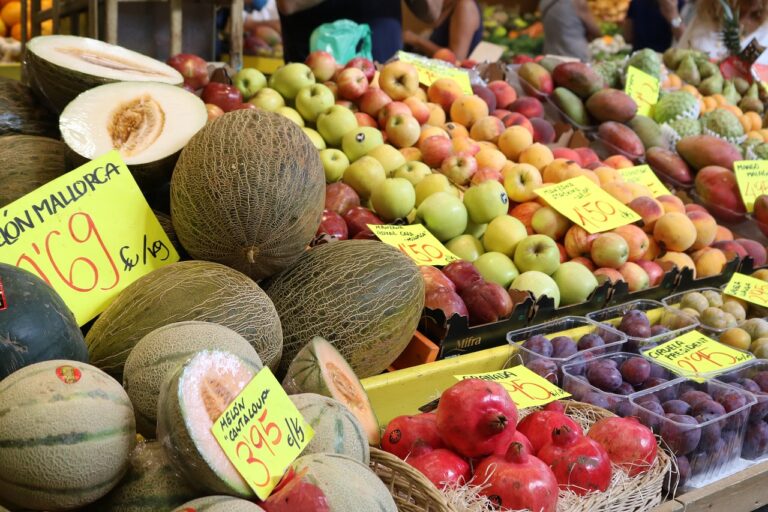Exploring the World of Ethical Shopping and Sustainability
When consumers choose to shop ethically, they actively support companies that prioritize fair labor practices, sustainable sourcing, and animal welfare. By making conscious purchasing decisions, individuals can contribute to positive social and environmental impacts, promoting a more ethical and responsible business model. Ethical shopping allows consumers to align their values with their actions, creating a ripple effect that drives change within the industry.
Moreover, ethical shopping fosters transparency and accountability within supply chains, encouraging companies to adhere to higher ethical standards. This transparency enables consumers to make informed choices about the products they purchase, empowering them to support brands that uphold ethical values. By choosing to support ethical businesses, consumers can play a crucial role in fostering a more sustainable and equitable marketplace.
Ethical Labels and Certifications to Look Out For
When embarking on your journey toward ethical shopping, it’s crucial to keep an eye out for certain labels and certifications that signify a commitment to ethical practices. One widely recognized certification to look out for is Fair Trade Certified, which ensures fair wages and working conditions for producers in developing countries. This certification empowers consumers to support sustainable livelihoods and reduce poverty through their purchases.
Another important label to watch for is Certified Organic, which guarantees that products were made without the use of synthetic pesticides, herbicides, or genetically modified organisms. This certification not only supports environmentally-friendly farming practices but also promotes healthier options for consumers. By choosing products with the Certified Organic label, you can feel confident in your commitment to both your health and the well-being of the planet.
What are the benefits of ethical shopping?
Ethical shopping ensures that the products you purchase are produced in a socially responsible and environmentally friendly manner. It also helps support fair labor practices and ensures that workers are paid a fair wage.
What are some ethical labels and certifications to look out for?
Some common ethical labels and certifications include Fair Trade, USDA Organic, Certified B Corporation, Rainforest Alliance, and the Forest Stewardship Council (FSC). These labels indicate that the product has been produced in a sustainable and ethical manner.
How can I tell if a product is truly ethical?
Look for products that carry recognized ethical labels and certifications, do your research on the company’s practices, and consider supporting smaller, local businesses that prioritize ethical production.
Does buying ethical products cost more?
While some ethical products may be more expensive due to the higher cost of sustainable production practices, there are also many affordable options available. In the long run, supporting ethical products can lead to lower environmental impact and support fair labor practices.
How can I incorporate ethical shopping into my daily routine?
Start by being more conscious of the products you purchase and the companies you support. Look for ethical labels and certifications, reduce waste by buying only what you need, and consider shopping at local farmers’ markets and eco-friendly stores.





